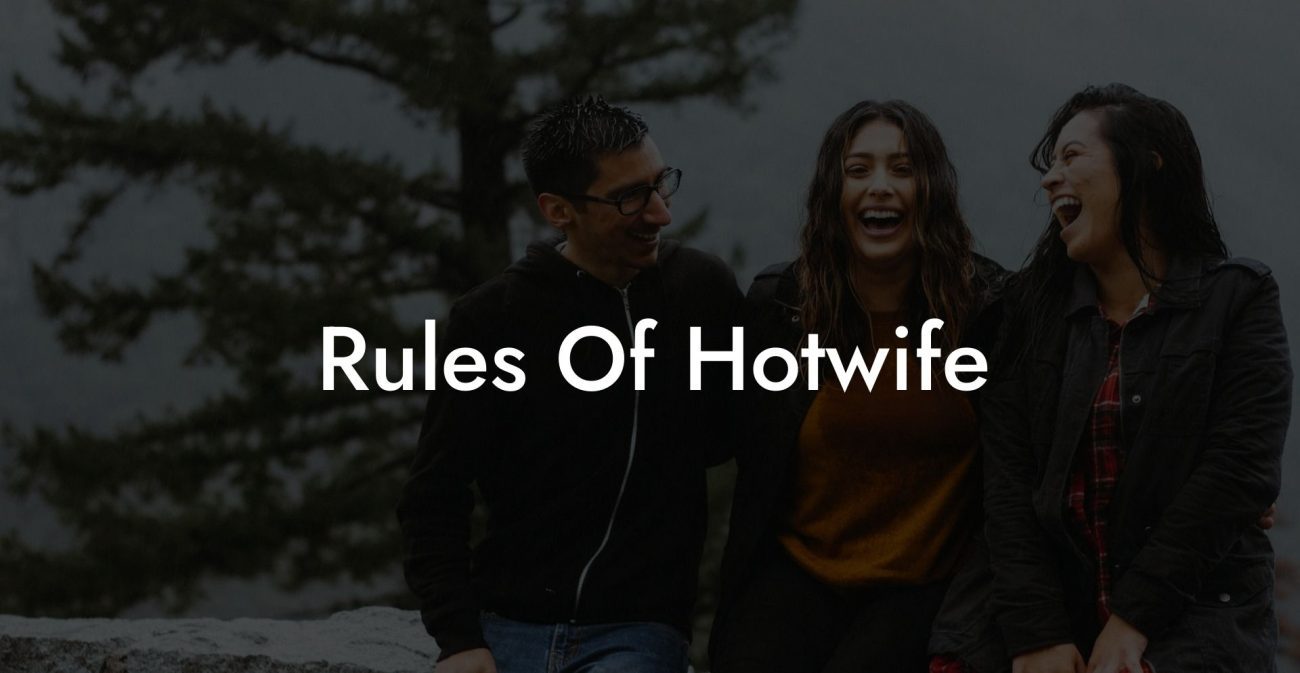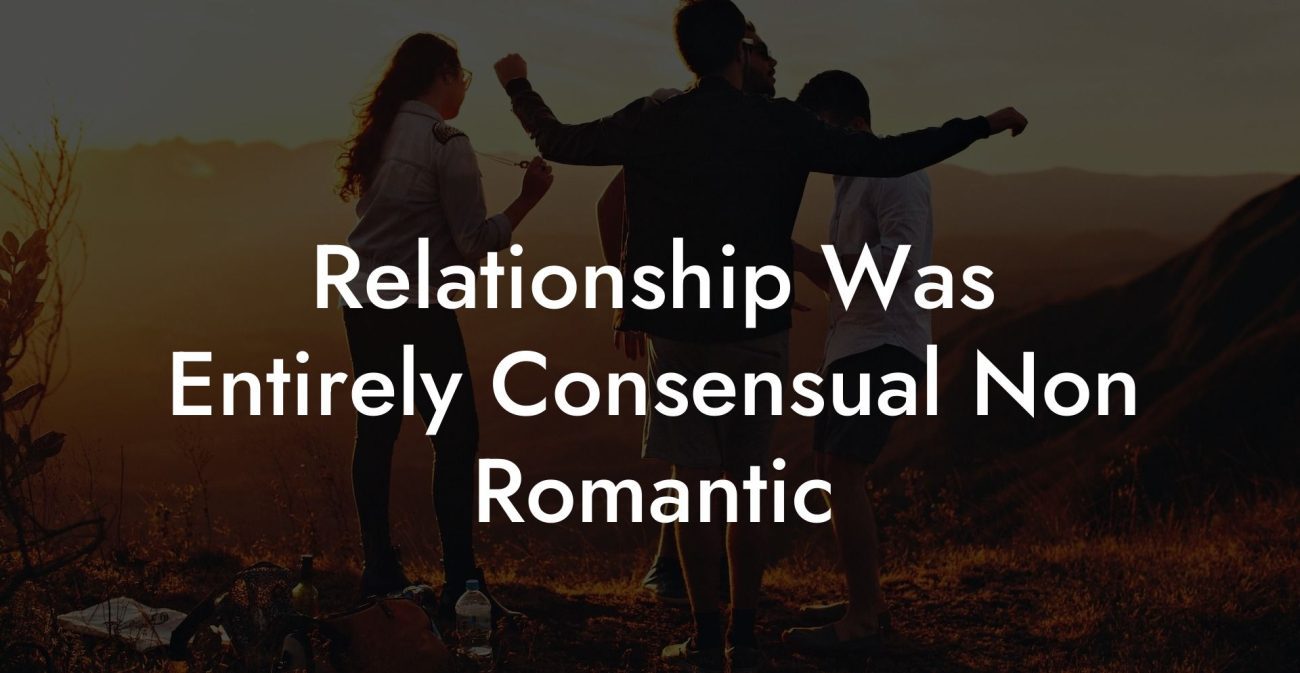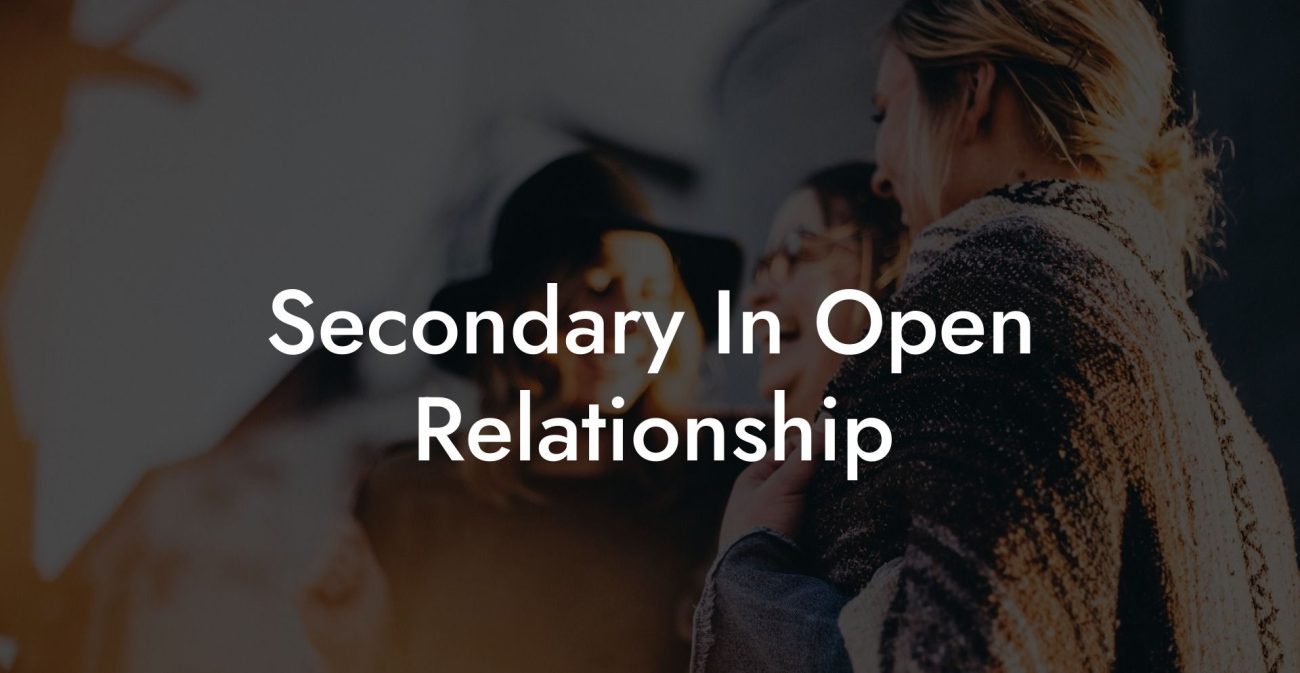Discover the fascinating correlation between influential philosopher Bertrand Russell and polyamory, as we delve into his personal perspectives on love and relationships and how it influenced the modern polyamory movement.
Bertrand Russell Polyamory Table of Contents
The Life and Love of Bertrand Russell
British philosopher, logician, and mathematician Bertrand Russell (1872-1970) was not only one of the major figures in the development of modern logic, but he also made significant contributions to moral, social, and political philosophy. While Russell's intellect and contributions to the field of philosophy are widely recognized, his personal life, specifically his relationships and affair with polyamory, is less well known.
Rebellion against societal norms
Throughout his life, Russell was known for challenging societal norms and promoting free thought, and his relationships were no exception. In fact, he openly defied conventional monogamous relationships - a taboo subject during his time. His rebellion against society's expectations of love and monogamy led him to embrace and promote polyamory, a lifestyle that allows individuals to maintain multiple, consensual relationships.
Public advocacy and private struggles
Russell was a vocal advocate of free love and non-monogamy, expressing his views in his writing and public engagements. However, while his ideology around relationships seemed progressive, his personal approach to polyamory was far from perfect. As a husband and father, Russell struggled to maintain healthy, balanced relationships with his multiple partners. His insistence on pursuing polyamory led to strains in his relationships, as well as public scandal and divorce.
Influence on the polyamory movement
Despite Russell's personal challenges with polyamory, the philosopher's ideas and writings influenced the modern polyamory movement. His work provided a foundation for others to build upon, allowing for the development of a more ethical and healthy approach to non-monogamy. Russell advocated for openness, transparency, and mutual consent as key principles for polyamory, which have now become guiding tenets in the polyamorous community.
Lessons from Russell's polyamory experience
Examining Russell's personal experiences with polyamory and the challenges he faced can provide valuable insights for those interested in pursuing non-monogamous relationships.
Importance of communication
Open and honest communication is essential when navigating polyamory. Clearly communicating your desires, boundaries, and expectations with all partners involved can help prevent misunderstandings and foster healthy relationships.
Emotional balance
Finding the right balance between multiple partners and managing the emotional impact on all involved can be challenging. Understanding and managing your own emotions, as well as those of your partners, can help maintain stability in polyamorous relationships.
Managing societal judgement
Although society's views on relationships have progressed in recent years, polyamory can still be perceived as taboo by some. Learning to navigate societal judgement and explaining your chosen lifestyle can be crucial for maintaining healthy relationships.
Bertrand Russell Polyamory Example:
Suppose Bertrand Russell had been more transparent about his relationship expectations with his partners and prioritized communication. In that case, he may have been able to maintain healthier and more fulfilling polyamorous relationships. Imagine him sitting down with his partners, explaining that his desire for non-monogamy came from a deep-rooted belief in free love. By clearly stating his intentions and seeking consent from his partners, Russell would have entered into these relationships with trust and understanding, leading to a more mutually beneficial and ethically sound polyamorous lifestyle.
In discovering the complexities of Bertrand Russell's life, including his connection to polyamory, we gain valuable insight into the evolution of modern polyamory and the importance of ethical non-monogamy. If you found the story of Russell's polyamory intriguing, please share it with friends and encourage conversations around love, relationships, and polyamory. Additionally, explore other guides on The Monogamy Experiment to further understand and appreciate diverse relationship styles.













